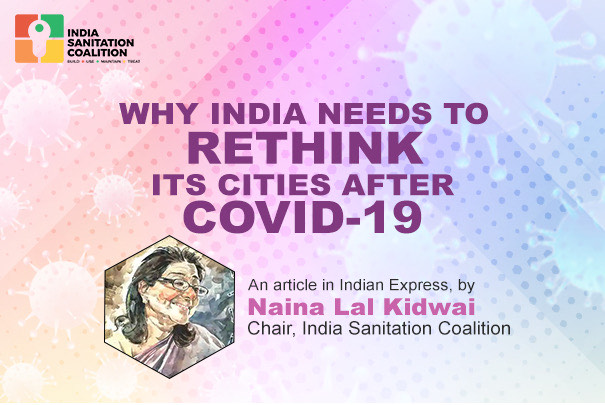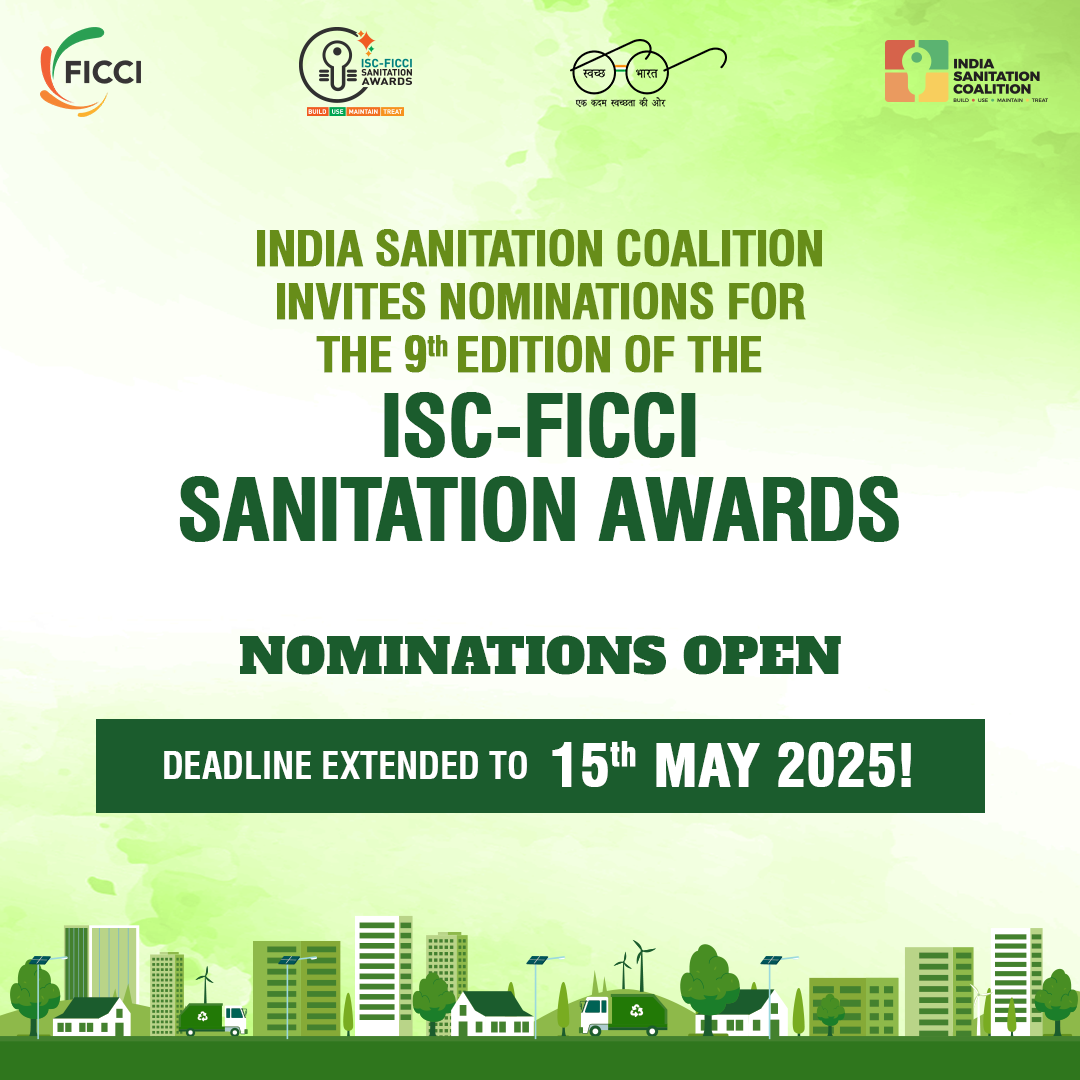Explained Ideas: Why India needs to rethink its cities after Covid-19

In her opinion piece, Naina Lal Kidwai, member, Global Commission on the Economy and Climate; chair, FICCI Water Mission, has stated that while no one is clear how long the Covid-19 pandemic will last, it is India’s best chance to reset, to create a fairer, stronger, safer and cleaner country. “In doing so, we can build resilience to future pandemics and other risks, like climate change, extreme flood events, and ecosystem destruction,” she states.
“Urban inequality is stark. Home to 461 million people, and generating 63 per cent of the country’s GDP, India’s cities are at the frontlines of the pandemic”, said Kidwai. The frightening images of makeshift hospitals in stadiums and clubs are stark reminders of the under-capacity of healthcare systems.
Similarly, it’s time to rethink water. India has 152-216 million people living in dense informal housing or slums where access to piped water is often restricted, time-consuming and arduous.
“It’s time to rethink food and nutrition,” she states. Food insecurity is rapidly intensifying. India is home to 15.1 per cent of the world’s undernourished population, causing informal workers to face impossible choices between risking contracting the virus or losing their income, housing and sustenance.
The pandemic has also highlighted the need to decongest slums to protect people’s health and wellbeing.
“Finally, it’s time to rethink how we power our lives. Two-thirds of global ambient air pollution deaths are caused by fossil fuels.
“We know that thriving cities make prosperous countries: Investments in low-carbon measures in cities would be worth at least $23.9 trillion globally by 2050. We must find the courage and the vision to seize this movement for what it is — an opportunity to reset; to rethink our governance models for cities. It’s time to rectify what the Covid-19 crisis has exposed — a well-overdue need to invest in India’s cities.”
